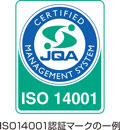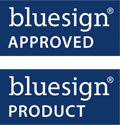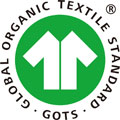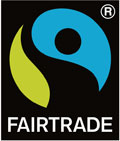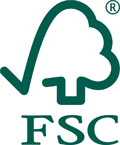What is a sustainable
corporate certification ?
This is a corporate certificate acquired by an international third-party organisation to ensure safe and secure manufacturing and encompasses a production system for the environment and workers which conforms to international standards.
Given the growing number of overseas textile businesses focusing on sustainability awareness, this certification is crucial and may also encourage a purchase decision.


